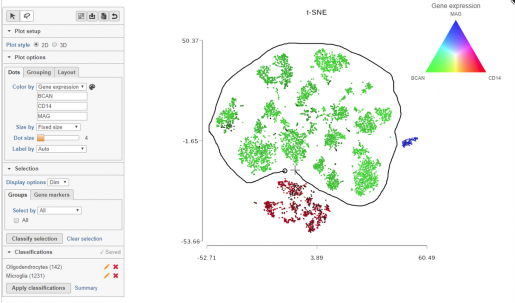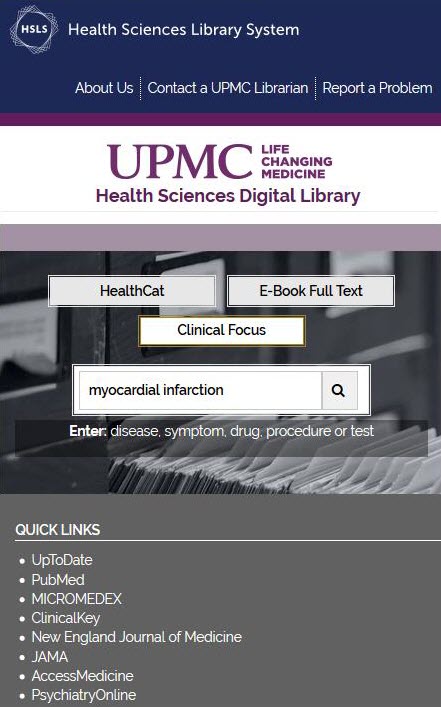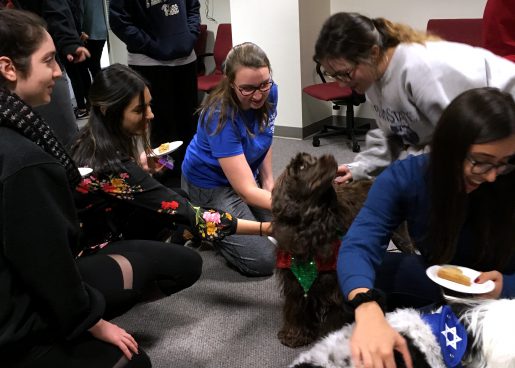 When HSLS launched the Pitt Data Catalog last spring, we wanted to provide researchers with flexible options for advertising and sharing their data. Now that the catalog has grown to describe more than 20 Pitt-created datasets, that flexibility has led our collection development in surprising and exciting directions. We have recently added our first records describing software code and 3D models, all created by Charles C. Horn, PhD.
When HSLS launched the Pitt Data Catalog last spring, we wanted to provide researchers with flexible options for advertising and sharing their data. Now that the catalog has grown to describe more than 20 Pitt-created datasets, that flexibility has led our collection development in surprising and exciting directions. We have recently added our first records describing software code and 3D models, all created by Charles C. Horn, PhD.
Dr. Horn is an associate professor of medicine who studies gut-brain communication, particularly via the vagus nerve. His research makes use of several open-source software packages, which he demonstrates in his paper (with David M. Rosenberg), “Neurophysiological Analytics for All! Free Open-Source Software Tools for Documenting, Analyzing, Visualizing, and Sharing Using Electronic Notebooks.” Electrophysiological data used to demonstrate the software tools are available in the publication’s data supplements and on Github, where Dr. Horn has also uploaded scripts and a Docker image containing tools to make neurophysiological data analysis easier. Pitt Data Catalog records linking to those software/data packages include:
- Software: Neurophysiological analytics for all! Free open-source software tools for documenting, analyzing, visualizing, and sharing using electronic notebooks
- Software: Electrophysiology File Converters to HDF5
- Software: Docker image with JupyterLab, Python 3, Python 2, and R
Dr. Horn has also designed several printable 3D models for experimental apparatuses in electrophysiology. The files shared through the NIH 3D Print Exchange include printable files in a variety of formats, photos, and assembly instructions. The 3D model records in the Pitt Data Catalog are:
- 3D-Printable Model: Stomach-Vagus Electrophysiology Testing Chamber with Mechanical Stimulus Placement Grid v1.0.0
CC BY-SA Charles Horn, Michael Sciullo, Laura Farr, “Stomach-Vagus Electrophysiology Testing Chamber with Mechanical Stimulus Placement Grid v 1.0.0”; NIH 3D Print Exchange; 3/27/2016 - 3D-Printable Model: Peripheral Nerve Electrophysiology Testing Chamber
CC BY-SA Charles Horn, Laura Farr, Michael Sciullo, “Nerve Recording Chamber v 1.0.0”; NIH 3D Print Exchange; 3/27/2016
We are pleased to host records describing these software packages and models, which are the first of their kind in the wider Data Catalog Collaboration Project.
If you have data, code, or models (printable or otherwise) that you would like to include in the Pitt Data Catalog, please contact us at HSLSDATA@pitt.edu or through the “Include your Dataset” button on the Pitt Data Catalog homepage. We are available to talk with you about publicizing your research products through the catalog. The process is quick, free, and tailored to your needs, especially regarding confidentiality and controlling access to your data.
~Helenmary Sheridan



